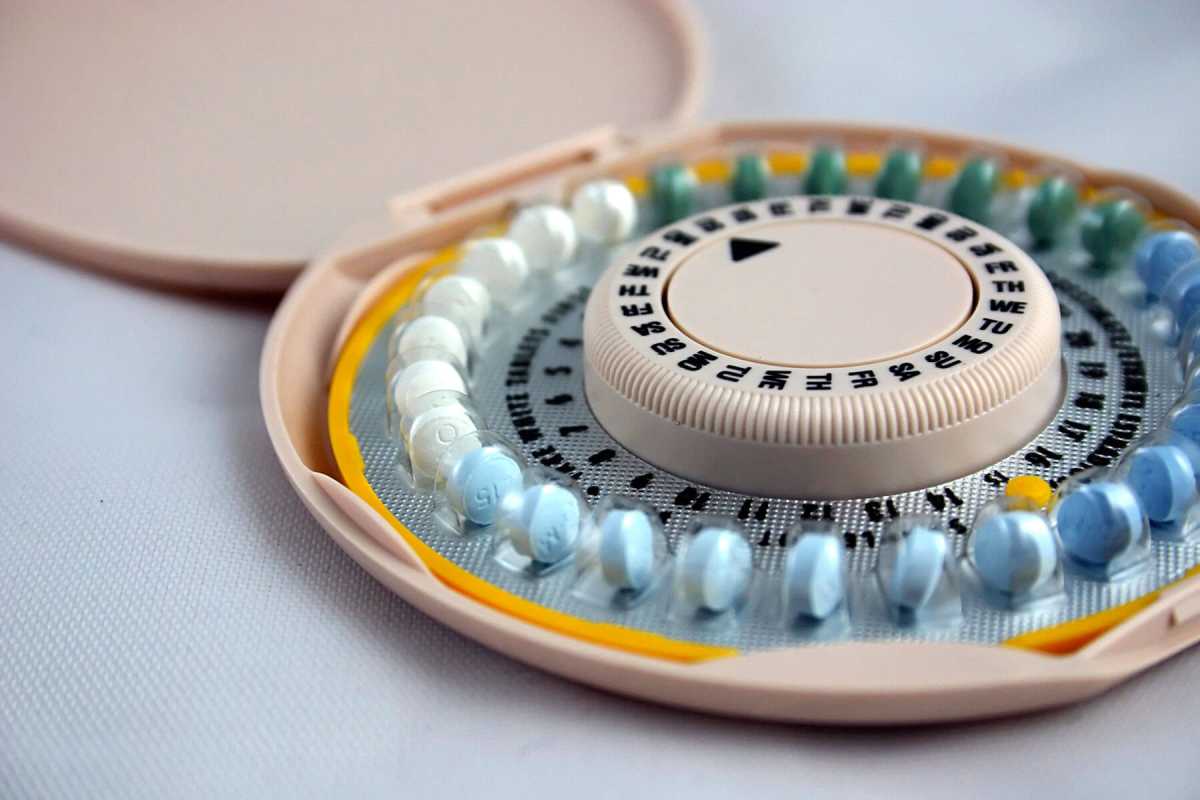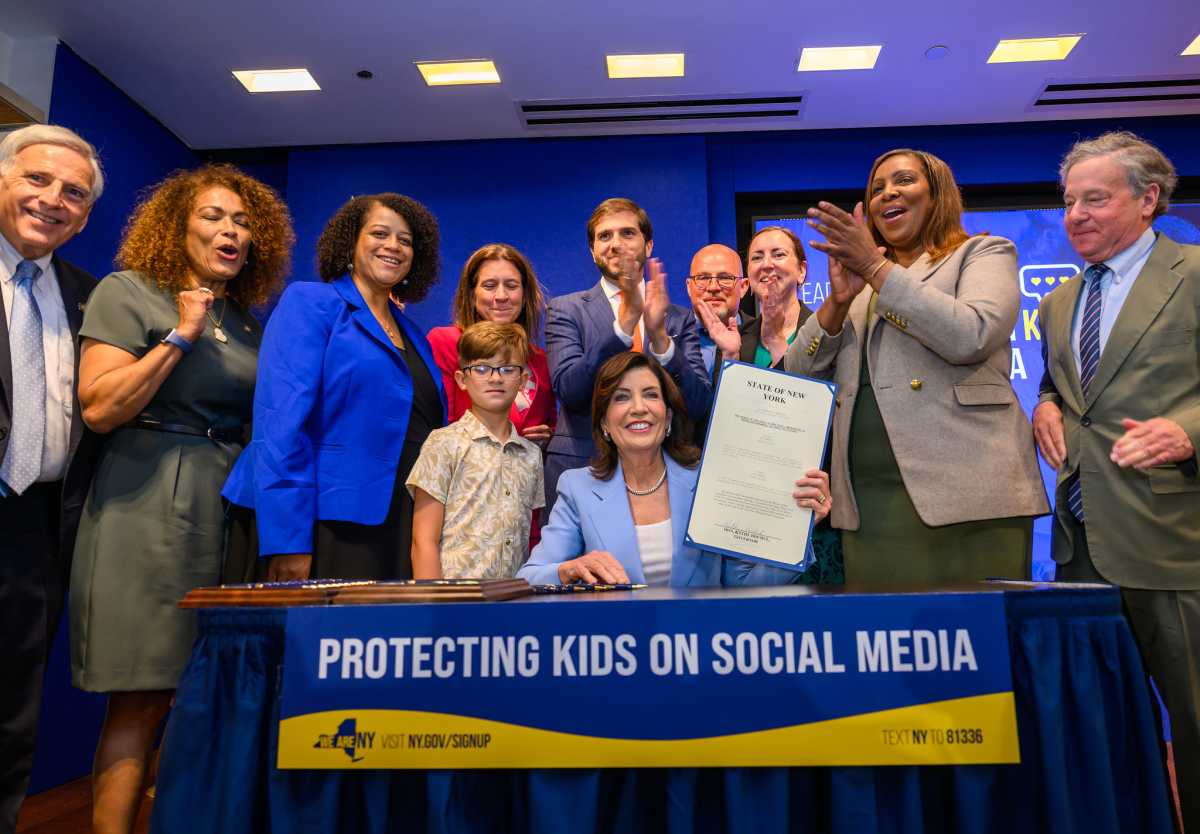Our health care system continues to fail marginalized communities. During the COVID pandemic there was more discussion around this inequity than we have seen in the past, especially as media outlets began to cover the systemwide failure in earnest. The conversation included disparities in sexual and reproductive health care and services. Access to such services can be dependent on one’s socio-economic status, gender, sexual orientation, race and immigration status. These intersecting systems of oppression often make it difficult for people to access birth control. By authorizing pharmacists to prescribe and dispense contraceptives, we can create a brand-new access point for all New Yorkers, including many marginalized communities.
New York State is falling behind, as nearly 20 states already authorize pharmacists to prescribe and dispense contraception. Currently, obtaining a prescription for birth control can be costly and inconvenient for many New Yorkers. This can be especially true in marginalized communities. A 2019 study of four states that allow pharmacists to prescribe control found that the policy especially benefited patients who were younger, more likely to be uninsured or lived far from a provider but close to a pharmacy.
Allowing pharmacists to prescribe contraception can alleviate barriers to access. When trained pharmacists prescribe contraceptives, they counsel patients and perform the necessary health checks and patients are able to obtain their prescription and contraception during one visit to the pharmacy. Marginalized communities are more likely to experience barriers which include a lack of transportation, securing child care, balancing work or school schedules for appointments, or costly provider visits. The cost of a provider visit can become especially burdensome for the uninsured. For those patients who live closer to a pharmacy than a provider, which is more often than not, the availability of contraception through the pharmacy is more convenient. There are the additional benefits of not needing to schedule an appointment and pharmacies being open in the evenings and on weekends. It’s undeniable that this policy increases access to all New Yorkers, but it can be essential for those who have the hardest time obtaining the birth control they want.
This year, legislation to authorize pharmacists in New York to prescribe contraception was introduced in the state Senate and the Assembly. If New York passes this legislation, it will expand access to reproductive health care and improve health equity through accessible family planning resources. New Yorkers across the state stand to benefit from this policy; it’s the right thing to do and the right time to do it.
Tannuja Rozario is a founding board member of South Queens Women’s March.




































